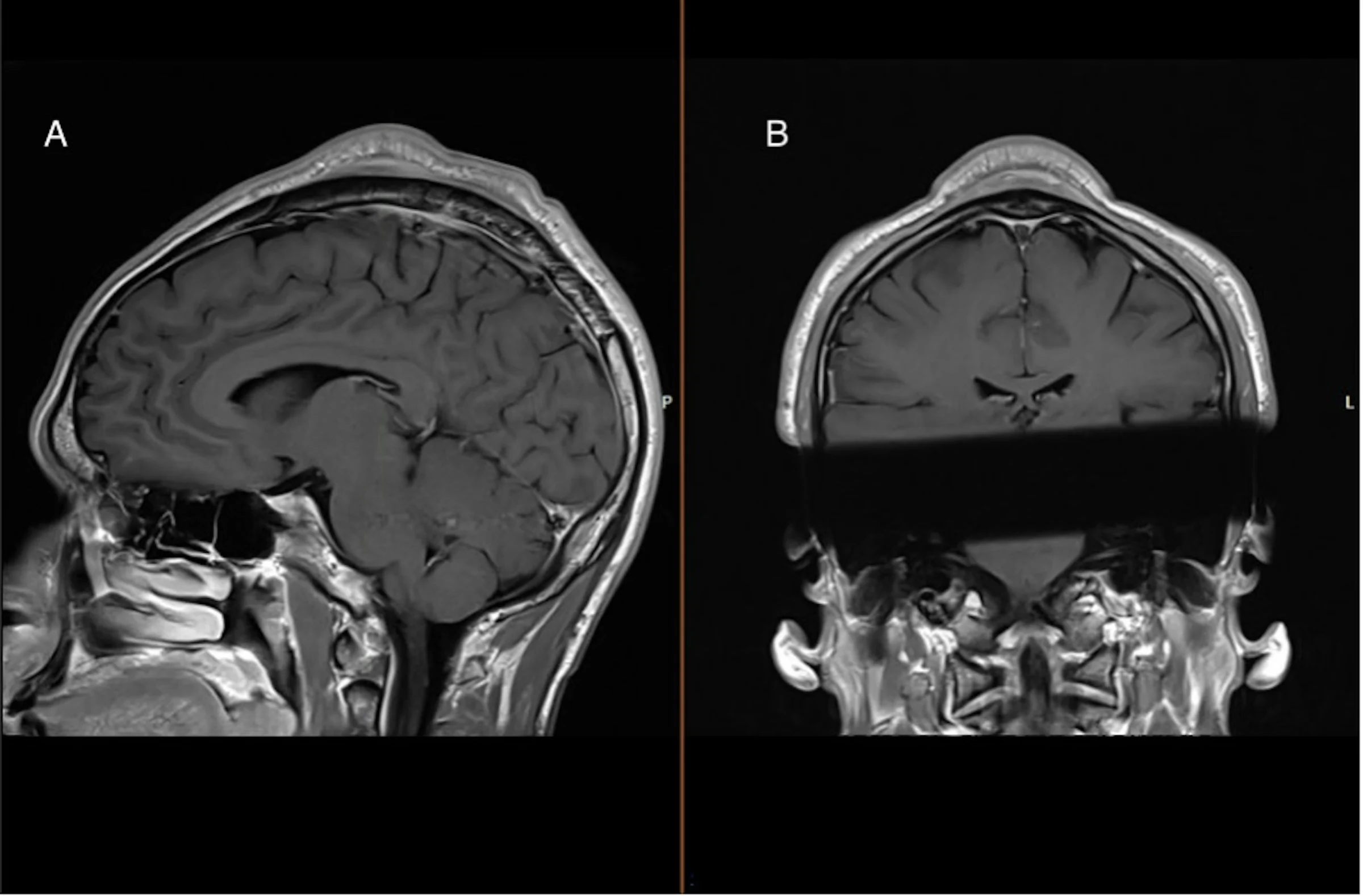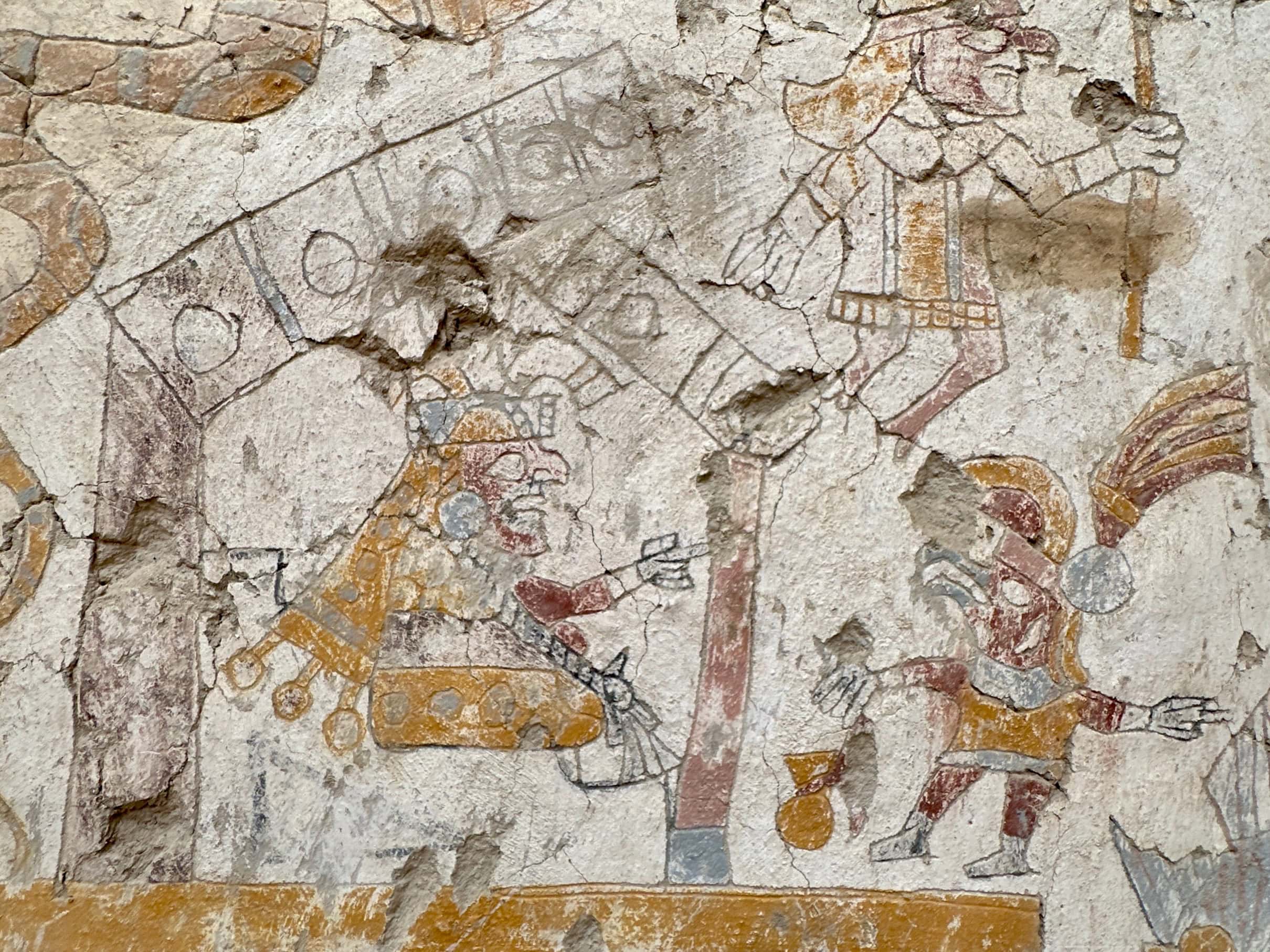
A recent study has revealed a surprising connection between a seemingly harmless habit—nose picking—and the potential risk of developing Alzheimer’s disease. Published in the journal Scientific Reports, the research delves into how damage to the delicate nasal tissues, caused by behaviors such as nose picking, may create an unexpected pathway for harmful bacteria to travel to the brain. These findings shed light on an intriguing and previously unexplored link, suggesting that what might seem like an innocuous habit could have significant implications for brain health. This groundbreaking study not only broadens our understanding of the potential triggers for Alzheimer’s disease but also opens new avenues for further research into its underlying mechanisms.
The Connection Between Nose Picking and Brain Health
The researchers focused on the bacterium Chlamydia pneumoniae, which is known to cause pneumonia in humans. More intriguingly, this bacterium has been identified in the brains of individuals with late-onset dementia. In the study, the team demonstrated that C. pneumoniae can travel along the olfactory nerve, which links the nasal cavity to the brain.
When the nasal epithelium—the thin tissue lining the nasal cavity—was damaged, the bacteria were able to infiltrate the brain more effectively. Once inside, they triggered deposits of amyloid-beta proteins, a hallmark of Alzheimer’s pathology. These proteins are thought to play a role in the brain’s response to infection, though their exact contribution to Alzheimer’s remains a subject of debate.
“We’re the first to show that Chlamydia pneumoniae can go directly up the nose and into the brain where it can set off pathologies that look like Alzheimer’s disease,” said neuroscientist James St. John, who led the study.
How the Study Was Conducted
The researchers used a mouse model to test their hypothesis. By introducing C. pneumoniae into the nasal cavities of the mice, they observed its rapid migration into the brain within just 24 to 72 hours. The speed of this process surprised the team and highlighted the vulnerability of the nasal route as a direct path to the central nervous system.
Damaged nasal tissues exacerbated the infection, increasing amyloid-beta deposits in the brain. These deposits formed plaques similar to those found in Alzheimer’s patients. While amyloid-beta is often seen as a damaging factor, it may also represent a protective immune response to infection. Future studies aim to clarify whether this protein can revert to normal levels once the infection is controlled.
Implications for Human Health
Although the study was conducted on mice, the findings raise important questions about human health. Nose picking and activities that damage the nasal epithelium, such as plucking nose hairs, may inadvertently increase the risk of bacterial infiltration into the brain.
“It’s research that has been proposed by many people, but not yet completed. What we do know is that these same bacteria are present in humans, but we haven’t worked out how they get there,” said St. John.
The presence of C. pneumoniae in humans with dementia is already established, but the exact mechanism by which the bacterium reaches the brain remains unclear. This study provides a plausible pathway that warrants further investigation.
The Risks of Nose Picking: Beyond Alzheimer’s
While the connection between nose picking and Alzheimer’s is still speculative, researchers have identified other potential health risks associated with this habit. Damage to the nasal epithelium—the delicate tissue lining the nose—can weaken its protective barrier, allowing pathogens easier access to the bloodstream and brain. This damage may also result in:
- Increased risk of respiratory infections, such as pneumonia or even COVID-19.
- Breakdown of cartilage in the nose over time, leading to structural damage.
- Loss of protective nasal hairs, which serve as a defense against airborne particles and microbes.
Despite these risks, nose picking remains a common habit, with studies estimating that up to 90% of people engage in it at some point. The findings suggest it might be worth rethinking this behavior, particularly in light of its potential long-term effects on health.
More Research Needed to Confirm Findings
While the findings are promising, scientists caution that the mouse model may not fully replicate human physiology. Future research must explore whether similar processes occur in humans.
Until more evidence is available, experts recommend minimizing damage to nasal tissues. This includes avoiding nose picking and refraining from plucking nasal hairs. While these habits may seem trivial, they could have unexpected long-term effects on brain health.
The findings also emphasize the need for greater awareness of how common behaviors can influence our neurological health. Maintaining nasal hygiene and protecting the delicate tissues inside the nose may be more important than previously thought.
Got a reaction? Share your thoughts in the comments
Enjoyed this article? Subscribe to our free newsletter for engaging stories, exclusive content, and the latest news.










Leave a Comment